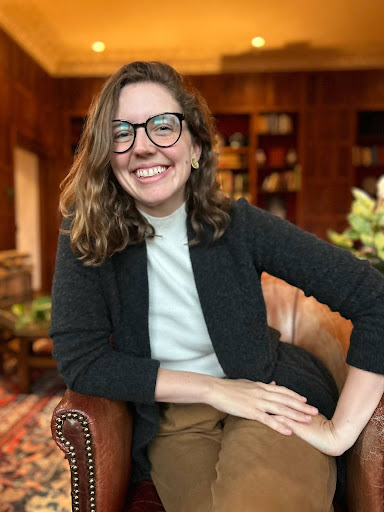





True North Conference: Celebrating 20 Years of Dignified Care
True North Conference: Celebrating 20 Years of Dignified Care
Information
Recorded
-
-
Location
-
Waltham Woods Conference Center
860 Winter St
Waltham, Massachusetts 02451
Description
For the past 20 years, Ellenhorn has been a maverick force within the world of mental-health treatment, continuously striving to innovate new, humane, whole-person approaches to care—dedicated to preventing the social trauma so often experienced when people are labeled as mentally ill. From this has come our signature model of psychosocial care, which places the recovery of a person’s social being as the preeminent goal of treatment and holds dignity as a central value—not only because dignity is a fundamental good, but because coercive and forced therapies (i.e., indignities) don’t work, while dignified ones do. Dignity is at the very root of good therapy, and the drive toward dignity is the same as the drive toward growth.
To celebrate our 20th year, we are hosting the True North Conference, a first-of-its-kind gathering where we will introduce you to some of the stellar programs we’ve come to know over the past two decades—programs that, like us, place dignity at the center of care. Attendees will hear from renowned leaders in the field, engage in a robust resource fair with extensive networking opportunities, and, in true Ellenhorn fashion, conclude the day with a grand celebration.
The True North Gala, held at the breathtaking deCordova Sculpture Park & Museum, will be the culminating moment of this milestone event—an evening to unwind, connect, and toast to two decades of pioneering dignified, whole-person mental health care. This gathering is more than a party; it’s a tribute to the work, the mission, and the community we’ve built together.
We hope you’ll join us for the conversation, for the connections, and for the celebration.
Target Audience
- Addiction Professional
- Counselor
- Marriage & Family Therapist
- Nurses
- Physicians
- Psychologist
- Social Worker
Presenters





Financially Sponsored By
- Resurface Group
- Lindner Center of Hope
- Ellenhorn
- Austen Riggs Center
- Help in the Home
- Skyland Trail
- Intent Clinical
- Silver Hill Hospital
- Bridge House Health
- Gould Farm
- WestBridge
- Joy In Health
- Houston Methodist
- Trauma and Beyond Psychological Center
- Lakewood Center
- Huntsman Mental Health Institute at University of Utah Health